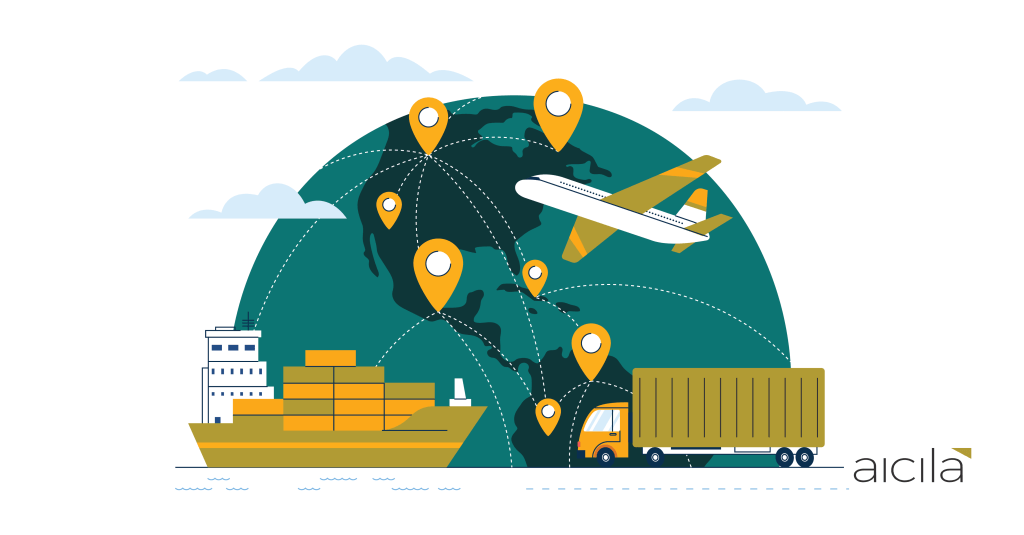Navigating Challenges: Strategies for Success in Pharmaceutical Supply Chain & Logistics

In the competitive world of job seeking within the pharmaceutical industry, understanding the complexities of supply chain and logistics is crucial for success. The effective delivery of vital medications depends significantly on overcoming common hurdles in this sector. Let’s explore key obstacles and strategies for job seekers aiming to navigate these challenges and excel in this essential field.
1- Temperature Control in Transportation:
Pharmaceuticals, particularly vaccines and biologics, are highly sensitive to fluctuations in temperature. Job seekers should focus on comprehending advanced temperature monitoring systems, specialised packaging techniques, and pursuing roles that involve expertise in cold chain logistics. Proficiency in these areas guarantees the safe transportation of temperature-sensitive medications, a critical aspect of supply chain management.
2- Navigating Regulatory Compliance:
The pharmaceutical industry is heavily regulated to ensure safety and quality. Job seekers must demonstrate their knowledge of robust quality management systems, staying updated on evolving regulations, and nurturing relationships with regulatory bodies. Showing familiarity with compliance standards will distinguish applicants in ensuring the supply chain meets necessary regulatory requirements.
3- Combatting Counterfeiting and Ensuring Product Security:
Counterfeit drugs pose a significant threat to public health. Job seekers should highlight their understanding of technologies such as blockchain and RFID tagging, which enhance product traceability. Roles involving the implementation of these security measures display a commitment to ensuring authenticity and securing pharmaceutical products throughout the supply chain.
4- Addressing Globalisation Challenges:
As pharmaceutical supply chains expand globally, job seekers should emphasise their expertise in managing customs regulations, cross-border logistics, and handling geopolitical uncertainties. Proficiency in real-time tracking technologies and experience in developing contingency plans for global disruptions will be highly valued in this dynamic field.
5- Optimising Inventory Management:
Maintaining a balance in inventory levels is crucial. Job seekers can distinguish themselves by showcasing their knowledge of advanced forecasting models, proficiency in inventory management software, and experience in collaborating with suppliers. Highlighting skills in optimising inventory levels demonstrates an ability to mitigate risks associated with shortages or excessive inventory.
6- Preparing for Supply Chain Disruptions:
Job seekers should highlight their ability to develop robust contingency plans and establish a responsive, flexible supply chain infrastructure. Demonstrating experience in managing unforeseen events like natural disasters or pandemics will demonstrate resilience in maintaining a steady pharmaceutical supply even in challenging circumstances.
Success in the pharmaceutical supply chain and logistics job market demands proactive measures and strategic skills. Whether focusing on temperature control, regulatory compliance, counterfeit prevention, globalisation challenges, inventory management, or supply chain resilience, job seekers need to showcase collaboration, innovation, and dedication to efficiently deliver life-saving medications.


